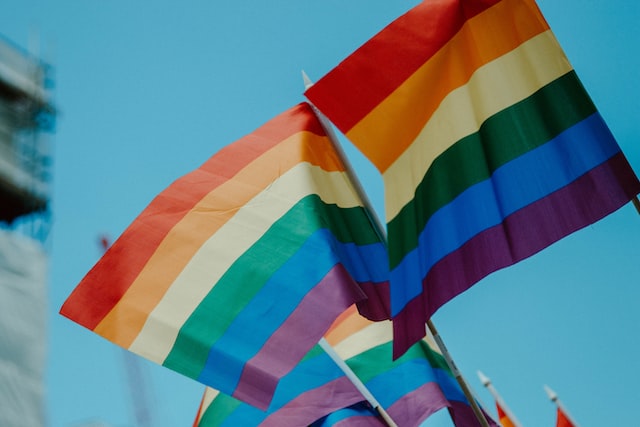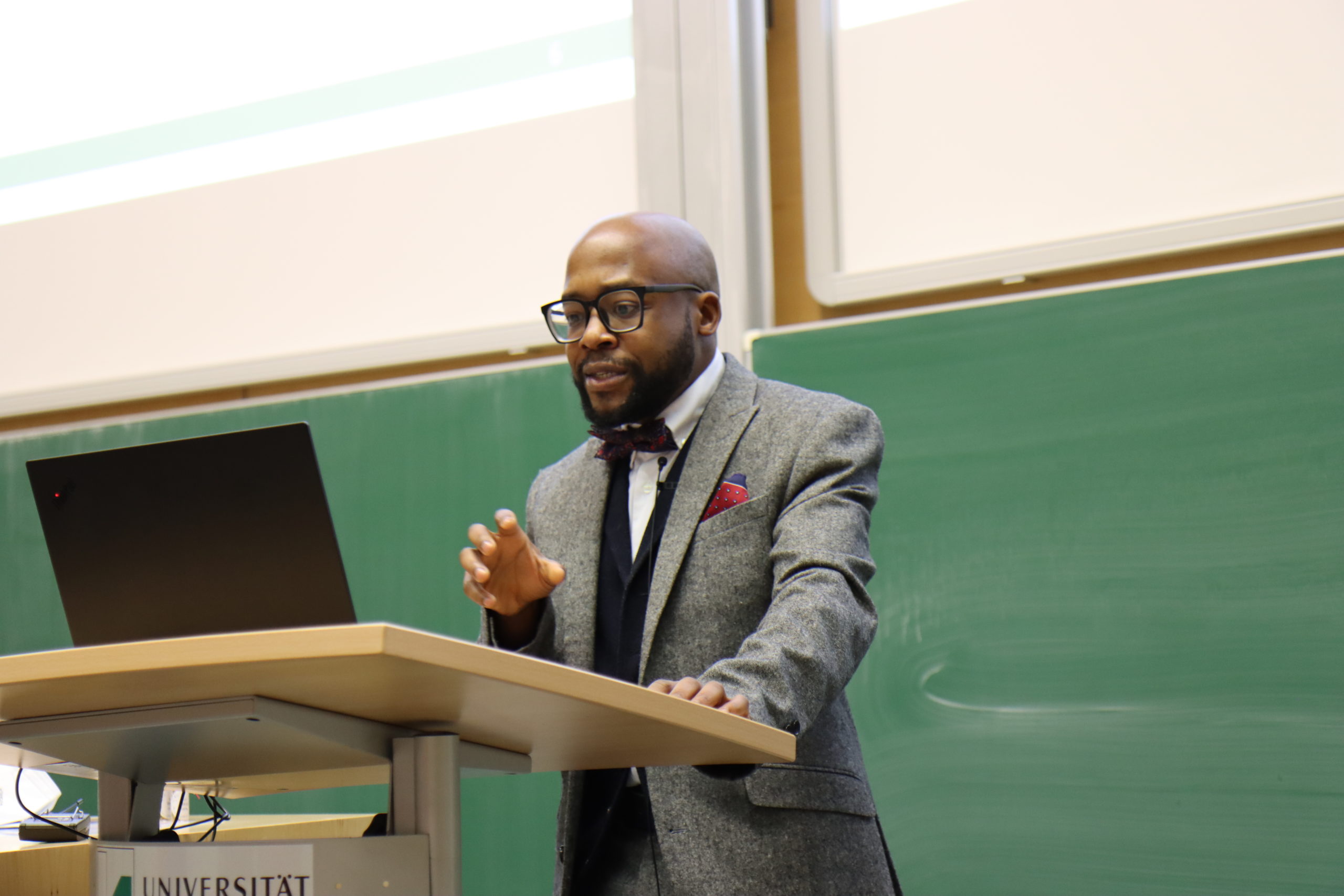News from Kenya
Around ten years ago, the National Gay and Lesbian Human Rights Commission (NGLHRC) was refused permission to apply for registration as a non-governmental organisation (NGO) by the NGO Coordination Board. Apparently, the proposed name of the organisation was contrary to Sections 162, 163 and 165 of the Kenyan Penal Code which criminalise same-sex sexual conduct. Thereupon, former executive director of NGLHRC, Eric Gitari, successfully challenged the decision of the NGO Coordination Board in front of the High Court, stating it violated the right to freedom of association under Art. 36 and the right against discrimination under Art. 27 of the Kenyan Constitution. On 24 February 2023, the Supreme Court of Kenya dismisses the appeal of the NGO Coordination Board and decides “it would be unconstitutional to limit the right to associate, through denial of registration of an association, purely on the basis of the sexual orientation of the applicants”.[1] Thus, NGLHRC is allowed to register as association with the NGO Coordination Board.
Lessons from the court ruling of the Supreme Court of Kenya
We believe the recent court ruling by the Supreme Court of Kenya reveals two lessons:
Firstly, advocacy around the protection of SOGIESC (sexual orientation, gender identity, gender expression and sex characteristics) rights in Kenya, similar to many other settings in Africa and beyond, can be characterised as a ping-pong match. The opponents repeatedly counter-attack and react to the previous strike. It has often also been described as a tug of war. For example, in the wake of the latest court ruling, Member of Parliament George Peter Kaluma filed an official notice with the National Assembly Speaker stating he intends to introduce a new bill at parliament “to criminalize and punish homosexuality and other unnatural acts and to further criminalize the promotion of such acts”.[2]
Secondly, one determinant of strategic litigation is the risk of consequential setback from courts. Thus, the question “when is the right time” significantly shapes the agenda. We believe the attempt to avoid setbacks is important but shall at the same time not limit the courage of strategic litigation efforts. Only, in 2019, Kenya experienced a serious setback, when the High Court of Kenya upheld the criminalization of consenting same-sex sexual conduct between adults according to Art. 162 and 165 of the Kenyan Penal Code.[3] However, the recent court ruling shows that former obstructions are not set in stone and can be overcome in a reasonable time. Similar developments can be observed around the jurisdiction of the Supreme Court of India which changed within a few years from upholding the criminalisation of same-sex sexual conduct in the Indian Penal Code to declaring the very same Acts as unconstitutional.[4]
Ongoing violence and hate crimes – Need for correspondence with legal obligations
There is an urgent need that Kenya’s legal obligations, which have been accepted in the latest court ruling, also correspond to the everyday experiences of its citizens. In January 2023, the queer activist Edwin Chiloba became the victim of a tragic murder[5] and is thus representative of ongoing violence and hate crimes against queer people on a daily basis. In this context, the Country Rapporteur on Kenya, Hon. Solomon Ayele Dersso, on behalf of the African Commission on Human and Peoples’ Rights (African Commission), has issued a press statement expressing in the strongest terms possible its condemnation of the murder and recalling Resolution 275.[6] The statement is an important announcement and continuation of the Commission’s strengthening voice for the promotion and protection of SOGIESC rights.
Conclusion
The recent court ruling by the Supreme Court of Kenya is a milestone not only for the Kenyan queer community, but also for the promotion and protection of human rights in Kenya and beyond. With the jurisprudence built, additional cases can and will be litigated further protecting SOGIESC rights. Beyond the urgent litigation efforts, it is important to employ a multidisciplinary strategy which focuses on the transformation of the everyday experiences of queer individuals.
Professor Thoko Kaime is the chairholder of African Legal Studies at the University of Bayreuth and Project Leader of the Tanzanian-German Centre for Eastern African Legal Studies (TGCL).
Isabelle Zundel is a doctoral researcher at the Chair for African Legal Studies at the University of Bayreuth and Manager of the Tanzanian-German Centre for Eastern African Legal Studies (TGCL).
[1] Ferdinand Omondi and Alex Binley, ‘Kenya wrong to ban LGBT rights groups from registering – Supreme Court‘ (BBC, 24 February 2023) https://www.bbc.com/news/world-africa-64491276 accessed 28 February 2023
[2] Osoro Jnr, ‘MP Kaluma informs Speaker Wetangula of his intention to table anti-gay law’ (People Daily, 24 February 2023) https://www.pd.co.ke/news/mp-kaluma-informs-speaker-wetangula-of-his-intention-to-table-anti-gay-law-170739/ accessed 28 February 2023
[3] Pauline Mpungu, ‘Kenya’s high court upholds ban on same-sex relations’ (Al Jazeera, 24 May 2019) https://www.aljazeera.com/economy/2019/5/24/kenyas-high-court-upholds-ban-on-same-sex-relations accessed 28 February 2023
[4] D Sheikh, A Tale of Two Judgments: The Afterlives of a Defeat and Victory for Queer Rights in India (2018)
[5] Nadia Colombe Gbane, ‘Kenyan LGBTQ activist found dead’ (africanews, 7 January 2023) https://www.africanews.com/2023/01/07/lgbtq-kenyan-activist-found-dead// accessed 18 February 2023
[6] ACHPR, ‘Press Statement on the tragic murder of Edwin Chiloba in Kenya‘ (ACHPR, 7 January 2023) https://achpr.au.int/en/news/press-releases/2023-01-07/press-statement-tragic-murder-edwin-chiloba-kenya accessed 18 February 2023

